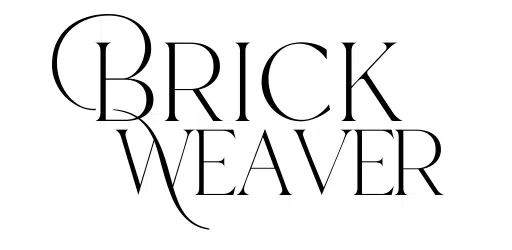
Post stamp duty holiday many expected or hoped property prices would slump. In contrast they have continued to rise. Below are 5 of the reasons UK house prices keep rising post stamp duty and will continue too, till something changes.
Record low interest rates
Low interest rates drive property prices up because more people can then afford to buy property, creating competition. Over the past year we have seen some of the lowest UK interest rates of our time. For equity rich homebuyers with a deposit over 60pc, some achieved an interest rate as low as 0.79%. For those with a smaller deposit of 10 pc, they averaged 1.7pc for a 2 year fixed term and 3.3 pc for a 5 year fixed term.
On the 16th of December, 2021 the Bank of England will decide whether to increase the UK base rate or leave it as it is till next year. Many think that given the base rate is currently at 4.2 pc and rising, the bank should increase the rate sooner rather than later. Last month the BoE decided, due to the lack of data on employment figures, post the end of the furlough scheme, to hold off. This month Omicron could be the excuse. Either way, it is only a matter of time before they increase.
With any rise in the base rate, brace yourself for the press to herald the end of rising property prices. I suspect, some buyers will fall for the hype, resulting in some property market jitters. However for the many invested in moving, they won’t notice much difference from the pre-pandemic interest level. But those on variable mortgage rates, will feel the difference.
UK mortgage affordability criteria
To address that, it’s been reported the Bank of England are considering relaxing the affordability threshold for lending, under the guise of enabling first time buyers onto the ladder. This makes for a nice sound bite, but in reality it will exacerbate the housing problem further, driving property prices up.
40 year mortgages
Lenders Kensington Mortgages and Habito have also decided to nurture homebuyers by introducing fixed mortgages for over 40 years. This encourages home ownership and removes concerns of any dramatic, unaffordable, increases in interest rates last seen in the 1980’s at 15%. The knock on effect is more people jump on the rather crowded property ladder.
Housing stock shortage
As society grows the need for more housing stock increases. In reality, there will never be enough homes to satisfy the insatiable demand for housing, so the imbalance between demand and supply remains.
Why does the Government promote home ownership
The Government is heavily invested in property growth. Help to Build, Help to Buy, investing in brownfield sites, the recent stamp duty holiday; all promote home ownership that leads to an increase in UK average house prices. As can be seen in the latest Average house prices in November 2021. Halifax house price index reported a record high of £272,992. Nationwide HPI – £252,687 and the Office of National Statistics. (To be updated this week.) £270,000 in September.
This is all good for the Government, as it all helps increase taxes through:
- Job creation (new homes)
- Materials (Building supplies, Energy efficiency upgrades)
- Stamp duty (Pushing property prices up into a higher stamp duty category).
That said, it’s also about the long game. By advocating home ownership, the Government knows it will help pay for home owners’ care in later life and homeowners are more likely to continue to spend, if they have equity in a home.
(It also keeps wealthy property donors in profit.)
The only thing that will slow price growth is to limit who can access cheap credit and the amount. Till then UK house prices will keep rising post stamp duty.





